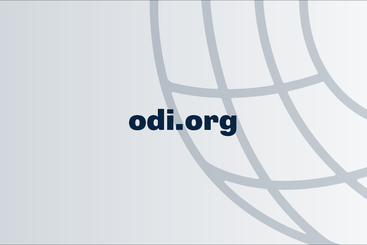Abstract
Togo’s agriculture sector has witnessed some positive developments. For example, the country became self-sufficient in maize production between 2000 and 2019, spurred by changes in agricultural policies. However, development of the sector remains inhibited by low productivity growth, primarily because of limited access to agricultural input and output markets, low mechanisation, high taxation and low public expenditure on agriculture.
Togo plans to modernise the agriculture sector through the National Agricultural Investment and Food and Nutrition Security Programme 2017–2026. A major pillar of this involves attracting external investment, contributing to job creation, improving the standards of agricultural products and improving access to foreign markets. Foreign investment and firms’ participation in agro-processing are considered critical to raise agricultural productivity and expand the sector’s contribution to inclusive growth. However, unless it is carefully managed, there are risks that increased foreign participation in the sector will also lead to undesirable outcomes; these include the displacement of local farmers and the ‘crowding-out’ of domestic investment.
Therefore Togo needs to balance the approach of attracting foreign investment in agro-processing with enhancing the capacities of smallholder farmers and fostering linkages between foreign firms and local producers. A strategic approach is crucial to reap the benefits of increased foreign investment and participation within the sector and the associated modern production methods.


